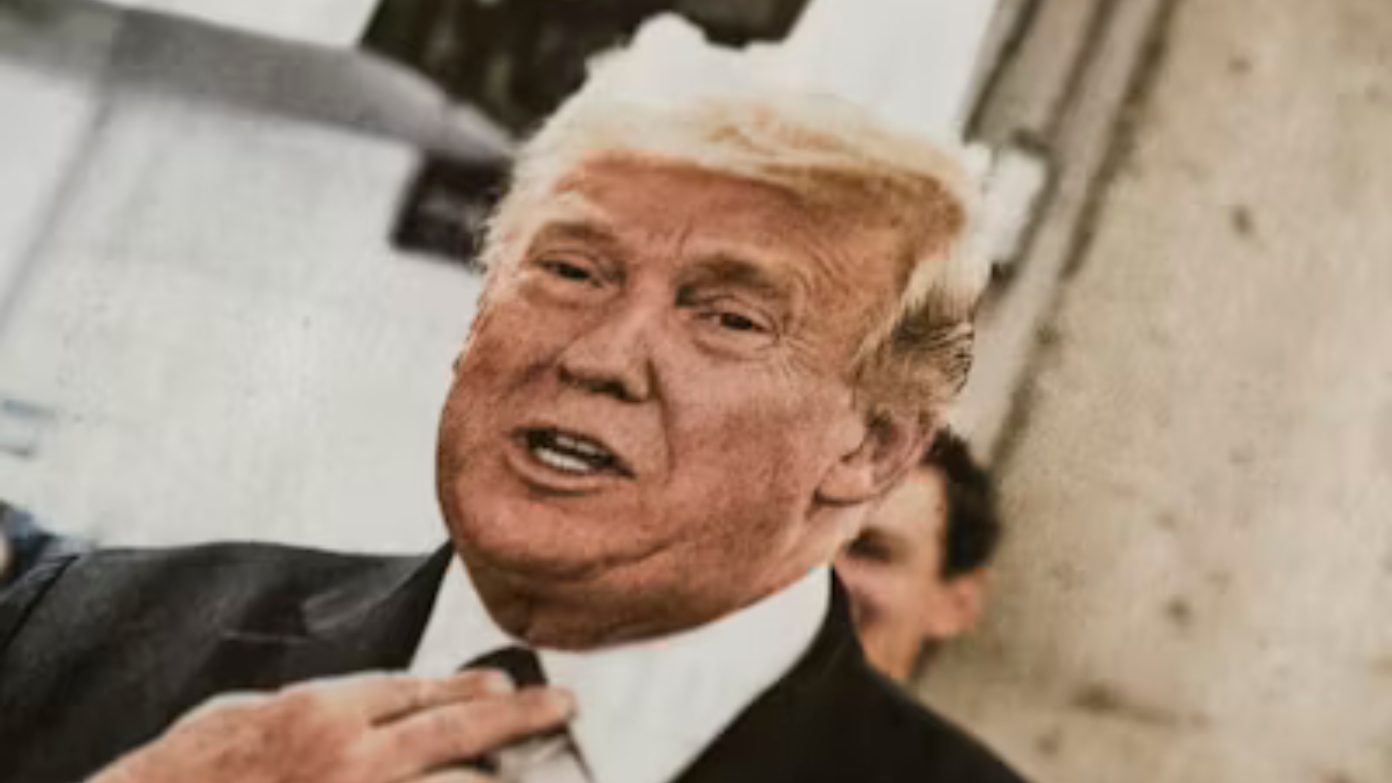On June 19, 2025, as Americans throughout the country were celebrating Juneteenth—a newly minted national holiday commemorating the emancipation of slavery—former President Donald Trump once again courted controversy by complaining about what he termed “too many non-working holidays” in America. The comments, posted on his social media site Truth Social, revived debate over the balance between remembering events important enough to create a national holiday and the fiscal costs of federal holidays.
Trump’s criticism of federal holidays
In a post on Truth Social scheduled for during the Juneteenth holiday, Trump complained about increasing numbers of closed business days, deeming them expensive “non-working holidays.” He posted, “Too many non-working holidays in America. It is costing our Country $BILLIONS OF DOLLARS to keep all of these businesses closed.” Trump went on to say that employees “don’t want it either,” cautioning that “soon we’ll have a holiday for every once working day of the year.” Trump closed by urging change, posting, “It must change if we are going to, MAKE AMERICA GREAT AGAIN!”
Though Trump did not mention Juneteenth directly in his tweet, the background and timing of his message were sufficient to suggest that he was disparaging the holiday, which became the 11th federal holiday in 2021 during President Joe Biden’s tenure. Juneteenth commemorates June 19, 1865, the day Union soldiers read the emancipation proclamation to those in bondage in Texas, proclaiming freedom to the slaves there and essentially putting an end to slavery in America.
Break from past support
Trump’s critical stance towards Juneteenth is a stark contrast to what he did in the past. Trump had claimed credit for bringing Juneteenth across the nation as part of his presidential campaign in 2020, stating in an interview with The Wall Street Journal, “I did something good: I made Juneteenth very famous.” Trump had even suggested making Juneteenth a national holiday as part of his policy recommendations for Black Americans and marked the day annually while in office.
But Trump in 2025 refused to join in any Juneteenth celebrations or make any statements to mark the day. This self-restraint followed his stern condemnation of federal holidays is a radical reversal and change of tone and strategy toward the holiday and its significance.
Economic concerns and political messaging
Trump’s case is based on the economic loss to the nation from federal holidays, reiterating that having businesses closed on these days makes America lose billions of dollars in terms of productivity. He presented the cause as one of national economic significance, arguing that it is necessary to “Make America Great Again” by limiting the number of non-working holidays.
They were met with a mixed response. Allies parroted concerns about the economic effects of back-to-back holidays, and critics saw the remarks as belittling the cultural and historical significance of Juneteenth. The Biden White House, however, said that Juneteenth was created in an effort for all Americans to learn from the past and rejoice in progress.
White House Press Secretary Karoline Leavitt came back with answers regarding Trump’s tweet by stating that the White House was open and functioning on Juneteenth, highlighting the government’s dedication to working even on the holiday day.
The importance of Juneteenth
Juneteenth is of tremendous historical importance as the date when the last enslaved African Americans in the United States were informed that they were free, almost two and a half years after the Emancipation Proclamation had been issued. The celebration has grown in popularity and awareness and is now officially celebrated as a representation of African American culture and the ongoing pursuit of racial equality.
The bicameral bill was passed with virtual unanimity in Congress in 2021 to make Juneteenth a federal holiday, evidencing widespread agreement on its significance as stated in this article, Is Juneteenth a Federal holiday? What agencies and departments will be closed. Since then, numerous offices, banks, and stock exchanges have closed for the day as a way of remembering it, although private sector commemoration is inconsistent.
Donald Trump’s June 19, 2025, denunciations of “non-working holidays” on Juneteenth are a polarizing critique of the economic expense of federal holidays compared to their cultural and historical value. His awkward break with past endorsement of Juneteenth is a testament to the political nuance of the holiday’s status in American society.
While Trump supports fewer federal holidays in an effort to boost economic productivity, some Americans see Juneteenth as a special day of reflection and remembrance about the history of slavery and the progress towards equalization of the country. As the argument continues, the political dilemma between honoring significant historical achievements and easing economic pressure is a contentious policy problem for the government and the public alike.
Read more: What did President Trump say about GOP Senator Josh Hawley’s plan to bump minimum wage to $15
Read more: What is the Pentagon pizza theory that people are talking about over the Iran-Israel conflict

